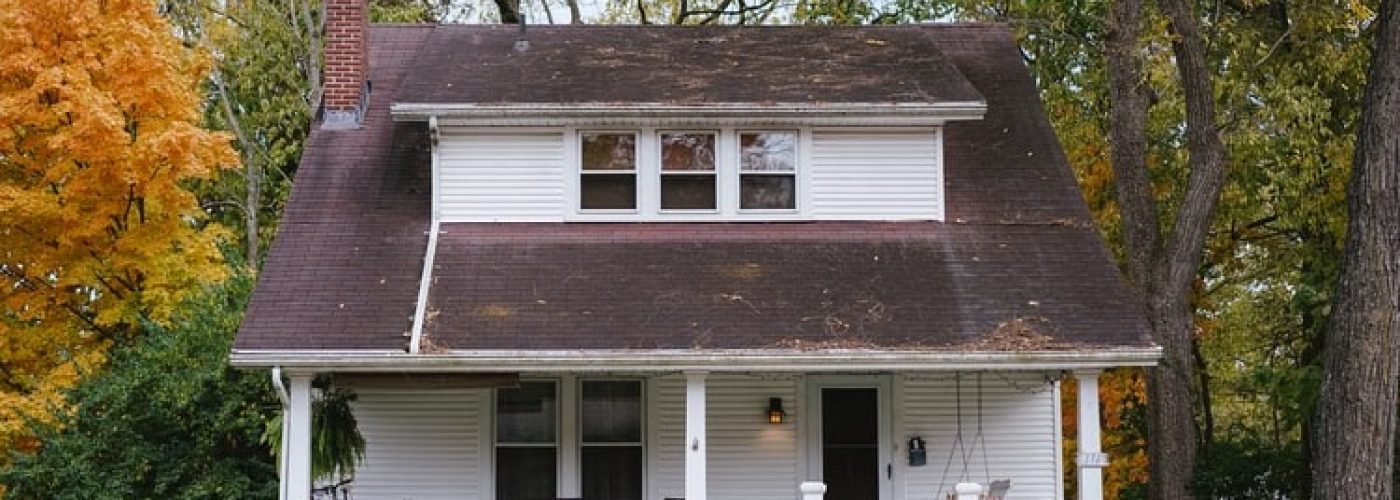A fixer-upper can be an excellent compromise for people who want control over their home design but lack time to build from scratch. An added benefit is that it gives you the option of moving into a neighborhood you prefer. Additionally, a fixer-upper sells for a much lower price than a new or updated home. Yet, even with all these benefits, choosing one can be tricky if you don’t know what to look for.
Here’s what you should know.
Calculate the Pricing
The real hurdle with buying a fixer-upper is determining the hidden costs that it will carry. Though the initial offer price may be deceptive, you may find yourself saddled with unexpected costs as the process continues. Start by checking the pricing of houses available on the market. As you already have a style and aesthetic in mind, you can focus on homes that fit your specs.
There is a variety of new home designs Perth offers that you can look into. A fixer-upper tends to cost much less than a ready home. For instance, for a $210,000 new home, you can find a $150,000 fixer-upper in the same neighborhood. If the cost of renovations will significantly surpass the cost of buying a new home, it might be wise to rethink settling on a fixer-upper.
Home Inspections
If you’ve spotted a fixer-upper you’d consider buying, be sure to get all the necessary home inspections done. The last thing you want is to discover structural issues after you’ve started renovations. There are several essential inspections you need to do, but that will save you future headaches.
- Home warranty
- Pest inspection
- Sewer line inspections
- Roof certification
- Engineering reports
You can obtain a home warranty at the seller’s cost. It protects you if things start breaking right after the purchase. Pest inspection checks for damage from termites, ants, or other insects. Sewer lines tend to age with the property, so it’s vital to get them and the septic tanks checked. Roof certifications provide the age and condition of the roof. Finally, the engineering report helps you understand any natural hazards that relate to the property.
Drawing the Line
Ultimately, you’ll need to be honest with yourself and understand where to draw the line. An excellent pointer to determine whether a fixer-upper is worth it is the nature of renovations. You can differentiate easy fixes from more complicated and expensive ones. Easy fixes are usually cosmetic: fixing broken windows, replacing doors, laying tiles, painting, and the like.
Expensive fixes involve construction: remodeling bathrooms, replacing plumbing, and reroofing. If the fixer-upper you’ve found has more structural fixes than cosmetic ones, it might be wiser to let it go. Additionally, know how far to go with the renovations in case you plan to sell. Going overboard in a neighborhood with low property value may mean that you never recover the cost of your investment.
Using a Buyer’s Agent
Using a buyers agent when purchasing a fixer-upper can make a world of difference. Buyers agents have extensive knowledge of the local market and can help you find undervalued properties with renovation potential. They’ll also guide you through the negotiation process, ensuring you pay a fair price by factoring in renovation costs.
In addition, they have connections to trusted contractors, inspectors, and architects who can provide estimates and advice, making it easier to assess the true cost of repairs. A buyers agent is your advocate, helping you avoid hidden pitfalls and make informed decisions throughout the process.
Fixer-Upper or New?
Deciding whether to settle on a fixer-upper comes down to weighing the scales. If all the factors make sense, then go right ahead and turn that fixer-upper into the house of your dreams. If not, take your time, save a bit more and buy yourself a new home, or even build one that meets your lifestyle needs.





